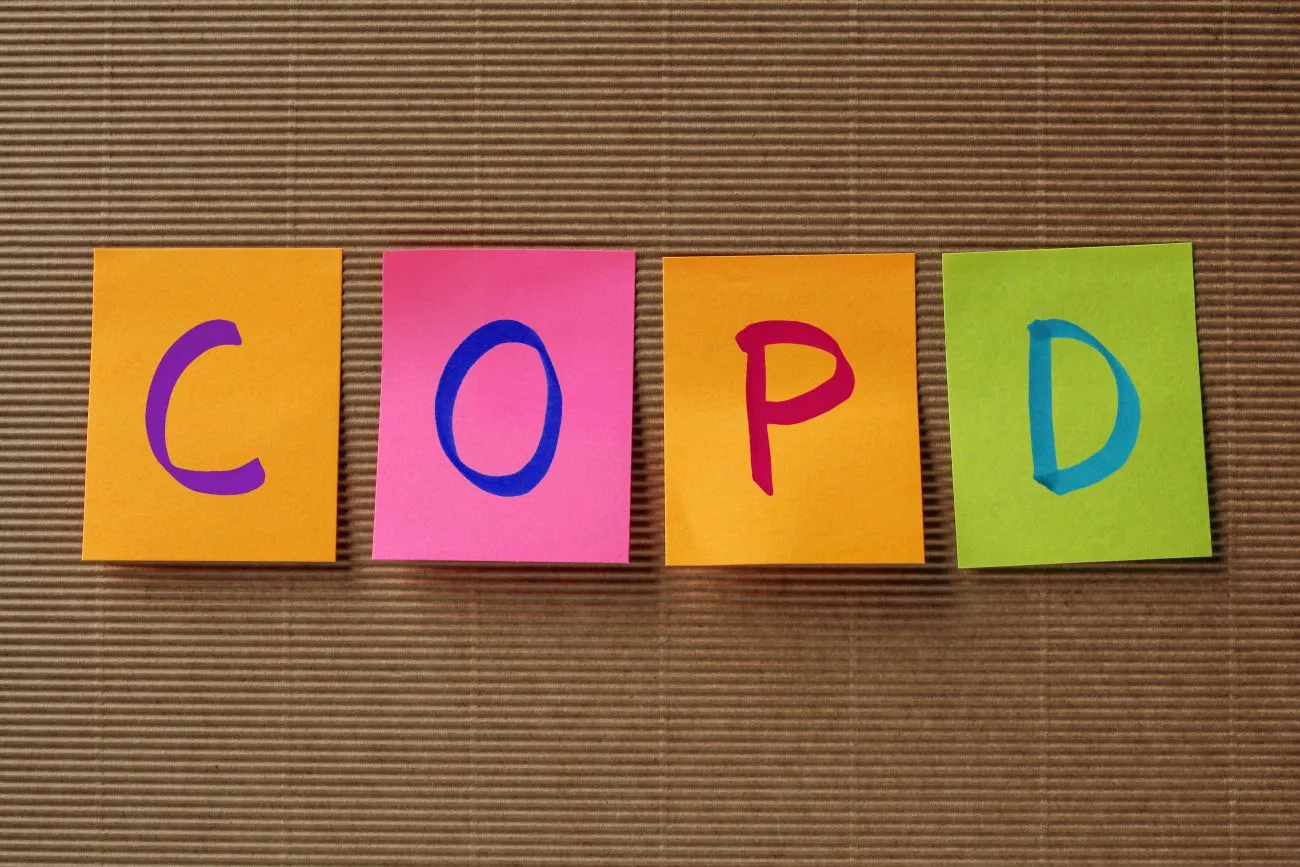Chronic obstructive pulmonary disease refers to a group of different serious respiratory illnesses that are chronic and incurable. These diseases include chronic bronchitis emphysema. According to the Centers for Disease Control and Prevention, 16 million Americans have been diagnosed with COPD.
The CDC reports that millions more Americans have COPD but have not yet been diagnosed. It is important to get properly diagnosed if you think that you might have COPD because it is possible to treat it and slow its progression.
Here are the top five COPD treatment options that might work for you.
1. Don’t Smoke
One of the most important things that you can do if you have COPD is to stop smoking. If you do not smoke, you should not start. You should also try to minimize the air pollution to which you are exposed, including dust, allergens, secondhand smoke, and fumes. Using HEPA air filters and purifiers in your home is also a good idea and opting for hardwood floors instead of carpet can also help to reduce air pollutants inside of your home.
2. Managing your Diet and Exercising
Because COPD makes it more difficult for you to breathe and to get enough oxygen, you may feel fatigued. A combination of the fatigue with the lack of oxygen can make it hard for you to make certain that you are getting enough calories and nutrients in your diet. It is important for you to eat a healthy diet, so you can control your weight. You should strive to maintain a normal weight rather than being overweight or underweight.
According to a study that was published in the International Journal of Chronic Obstructive Pulmonary Disease, people who have COPD should eat diets that contain vegetables, fruits, whole grains, and lean sources of protein. You might also benefit from eating multiple small meals throughout the day if you have trouble eating three larger meals.
Exercising is also important, but it can be difficult for some people who have COPD to do. You can build up some of the muscles that you use to breathe. You should talk to your doctor about any exercises that might benefit you.
3. Oxygen Therapy
Oxygen supplementation may be necessary for you if you have COPD and are not getting enough oxygen by breathing. Your doctor may recommend that you use oxygen therapy all the time or only when you are sleeping or engaged in physical activities. Oxygen therapy may include portable oxygen concentrators that are small enough for you to carry with you and that concentrate oxygen from the air rather than drawing it from compressed oxygen tanks. These concentrators may also be taken on airplanes and other forms of transportation, making them more convenient than oxygen tanks.
4. Medications
There are a variety of medications that might be prescribed to help you to manage the symptoms of COPD. Bronchodilators may be prescribed to you in an inhaler or nebulizer. The bronchodilators may include anticholinergic drugs, which block acetylcholine. Acetylcholine causes your airways to constrict. The bronchodilators may also include beta-agonists, which bind to the beta receptor sites in the smooth muscles to help with the dilation of your bronchial pathways.
You may also be prescribed corticosteroids such as prednisone to help to ease the inflammation in your airways. These might be prescribed to you if bronchodilators do not work well enough. If you have a respiratory infection, it can cause your COPD symptoms to worsen. Your doctor may prescribe antibiotics to you to help you to get over an infection more quickly.
If you are in the late stages of COPD or are terminal, you may be prescribed opioid medications to help to ease your pain. Opioids depress your central nervous system, which decreases your body’s need for oxygen. Finally, if you need help with quitting smoking, your doctor may prescribe medications that have been shown to help people quit smoking or recommend nicotine replacements such as gum or patches.
5. Anti-Anxiety Treatments
Having chronic difficulty with getting enough oxygen can lead you to develop anxiety disorders over time. It is important to lessen your anxiety so that you can breathe more deeply. Your doctor may prescribe an anti-anxiety medication to you such as diazepam or alprazolam. Complementary treatments may also help to reduce your anxiety such as tai chi, yoga, and behavioral therapy.
While there is no cure for COPD, it is treatable. By choosing from these top five treatments, you may enjoy an improved quality of life while also slowing the progression of your disease. If you are diagnosed with COPD, your doctor will talk to you about the combination of treatments that might work the best for you to alleviate the symptoms that you are experiencing.
